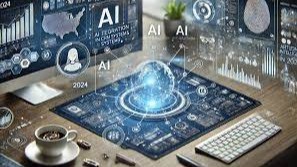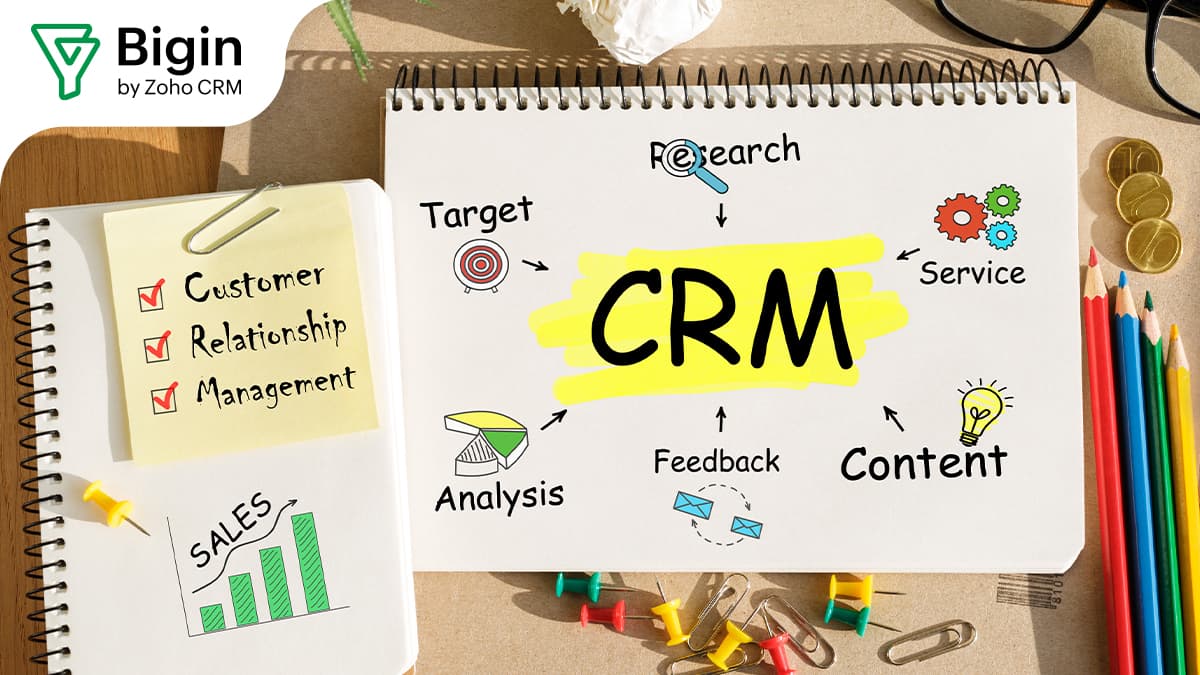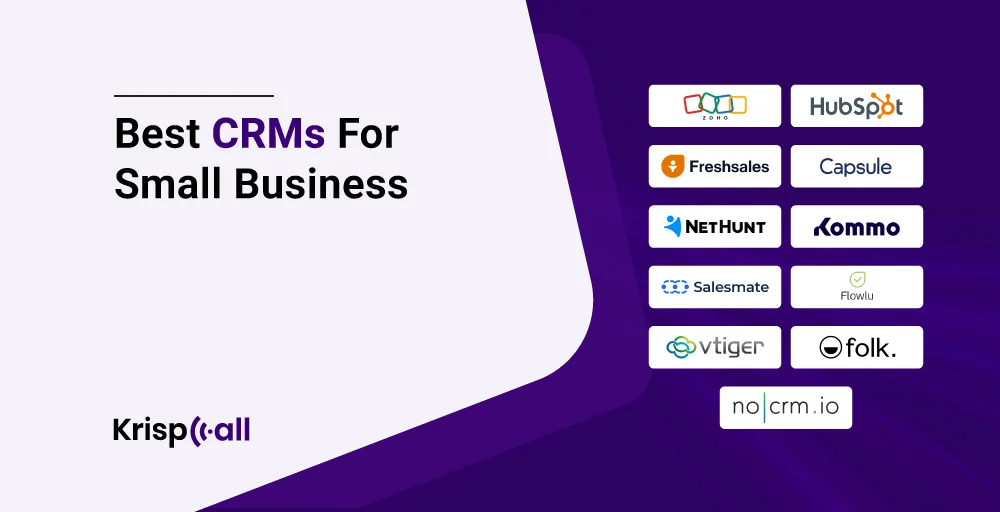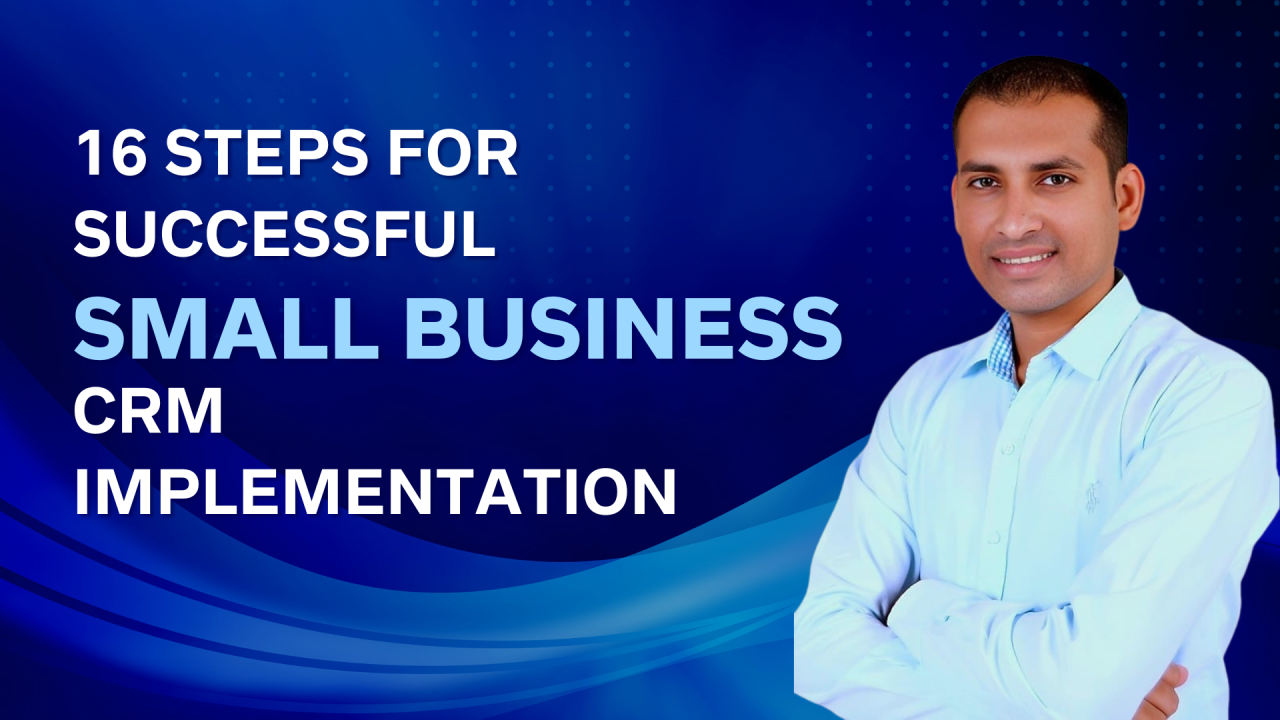CRM Marketing Trends 2025: Navigating the Future of Customer Relationships

CRM Marketing Trends 2025: Navigating the Future of Customer Relationships
The world of customer relationship management (CRM) is in constant flux, evolving at a breakneck pace. As we approach 2025, businesses must stay ahead of the curve to maintain a competitive edge. This article delves into the key CRM marketing trends that will shape the landscape in the coming years, providing insights and actionable strategies to help you thrive in this dynamic environment. We’ll explore the technologies, strategies, and shifts in consumer behavior that will redefine how businesses interact with their customers.
The Rise of AI-Powered CRM
Artificial intelligence (AI) is no longer a futuristic concept; it’s a present-day reality, and its impact on CRM is profound. In 2025, AI will be at the core of most CRM systems, transforming how businesses understand, engage, and serve their customers. This includes everything from predictive analytics to hyper-personalization.
Predictive Analytics: Anticipating Customer Needs
AI-powered predictive analytics will become even more sophisticated. CRM systems will be able to analyze vast amounts of data to forecast customer behavior with greater accuracy. This will enable businesses to:
- Identify at-risk customers: Proactively reach out to customers who are likely to churn, offering incentives or support to retain them.
- Personalize product recommendations: Suggest products or services that customers are most likely to purchase, based on their past behavior and preferences.
- Optimize marketing campaigns: Determine the best time to send emails, the most effective messaging, and the optimal channels to reach each customer segment.
The ability to anticipate customer needs will give businesses a significant advantage, allowing them to provide proactive and personalized experiences.
Hyper-Personalization: Tailoring Experiences at Scale
Hyper-personalization goes beyond simply using a customer’s name in an email. It involves creating highly customized experiences based on a deep understanding of individual customer preferences, behaviors, and needs. AI will be instrumental in enabling hyper-personalization at scale. This means:
- Dynamic content: Websites and apps will adapt in real-time to display content that is relevant to each individual customer.
- Personalized product bundles: AI will suggest product bundles tailored to a customer’s specific interests.
- Customized customer journeys: Businesses will create unique customer journeys for each individual, guiding them through the sales funnel in a way that resonates with them.
Hyper-personalization will lead to increased customer engagement, higher conversion rates, and stronger customer loyalty.
The Evolution of Customer Data Platforms (CDPs)
Customer Data Platforms (CDPs) are becoming increasingly crucial for businesses seeking to centralize and manage their customer data. In 2025, CDPs will evolve to become even more powerful and integrated with CRM systems.
Data Consolidation and Integration
CDPs will act as a central hub for all customer data, integrating information from various sources, including:
- Websites and apps: Tracking customer behavior and interactions.
- Social media: Gathering insights from social media profiles and interactions.
- Email marketing: Analyzing email open rates, click-through rates, and conversions.
- Point-of-sale (POS) systems: Capturing purchase history and transaction data.
This consolidated view of the customer will provide businesses with a 360-degree perspective, enabling them to make more informed decisions.
Enhanced Data Privacy and Security
With increasing concerns about data privacy, CDPs will prioritize data security and compliance with regulations like GDPR and CCPA. This will involve:
- Robust data encryption: Protecting customer data from unauthorized access.
- Consent management: Ensuring that businesses obtain and manage customer consent for data collection and usage.
- Data anonymization and pseudonymization: Protecting customer identities while still enabling data analysis.
Building trust with customers by safeguarding their data will be paramount.
The Rise of Conversational CRM
Conversational CRM involves using chatbots, messaging apps, and other conversational interfaces to interact with customers. This trend will continue to grow in 2025, as businesses seek to provide instant and personalized support.
AI-Powered Chatbots: Providing 24/7 Support
AI-powered chatbots will become more sophisticated, capable of handling a wider range of customer inquiries and providing more personalized support. This will include:
- Natural language processing (NLP): Enabling chatbots to understand and respond to customer queries in a more natural and human-like way.
- Personalized recommendations: Suggesting products or services based on the customer’s conversation history.
- Seamless handoffs to human agents: Transferring complex issues to human agents when necessary, ensuring a smooth customer experience.
Chatbots will free up human agents to handle more complex issues, improving overall customer service efficiency.
Messaging Apps: Engaging Customers Where They Are
Businesses will increasingly use messaging apps like WhatsApp, Facebook Messenger, and WeChat to communicate with customers. This will allow them to:
- Provide instant support: Responding to customer inquiries in real-time.
- Send personalized updates: Sharing order confirmations, shipping notifications, and other important information.
- Promote products and services: Sending targeted marketing messages to specific customer segments.
Engaging customers on their preferred channels will enhance the customer experience and drive engagement.
The Importance of Omnichannel Customer Experiences
Customers expect a seamless experience across all channels, whether they are interacting with a business on a website, in a store, or through a mobile app. In 2025, omnichannel customer experiences will be more critical than ever.
Seamless Channel Transitions
Customers should be able to switch between channels without losing context or having to repeat information. This requires:
- Unified customer profiles: Providing a single view of the customer across all channels.
- Consistent messaging: Ensuring that the same brand voice and messaging are used across all channels.
- Real-time data synchronization: Updating customer data in real-time across all channels.
Seamless channel transitions will improve the customer experience and increase customer satisfaction.
Personalized Omnichannel Journeys
Businesses will create personalized customer journeys that span multiple channels, tailoring the experience to each customer’s preferences and behaviors. This involves:
- Mapping customer journeys: Understanding how customers interact with the business across different channels.
- Personalizing content and messaging: Tailoring content and messaging to each customer’s individual needs and preferences.
- Optimizing channel selection: Recommending the most appropriate channel for each customer interaction.
Personalized omnichannel journeys will drive engagement, increase conversions, and build stronger customer relationships.
Focus on Customer Experience (CX) as a Differentiator
In 2025, customer experience (CX) will be a key differentiator for businesses. Companies that prioritize CX will be able to attract and retain customers more effectively.
Measuring and Analyzing Customer Experience
Businesses will need to measure and analyze customer experience to understand what is working and what needs improvement. This involves:
- Customer satisfaction surveys: Gathering feedback from customers about their experiences.
- Net Promoter Score (NPS): Measuring customer loyalty and advocacy.
- Customer effort score (CES): Measuring the effort customers have to expend to interact with the business.
Analyzing this data will provide valuable insights into customer needs and preferences.
Empowering Employees to Deliver Exceptional CX
Employees are the face of the business, and they play a critical role in delivering exceptional customer experiences. Businesses will need to:
- Provide employees with the tools and training they need: Equip employees with the knowledge and resources they need to provide excellent customer service.
- Empower employees to make decisions: Give employees the autonomy to resolve customer issues and go the extra mile.
- Foster a customer-centric culture: Create a culture where employees are passionate about providing exceptional customer experiences.
Empowering employees will lead to happier customers and increased brand loyalty.
The Role of Data Privacy and Security
As businesses collect and use more customer data, data privacy and security will become even more critical. In 2025, businesses must prioritize data protection to build trust with customers.
Compliance with Data Privacy Regulations
Businesses must comply with data privacy regulations like GDPR, CCPA, and others. This involves:
- Obtaining customer consent: Obtaining explicit consent from customers before collecting and using their data.
- Providing transparency: Clearly communicating how customer data will be used.
- Giving customers control over their data: Allowing customers to access, modify, and delete their data.
Compliance with data privacy regulations is not just a legal requirement; it is also essential for building trust with customers.
Investing in Data Security Measures
Businesses must invest in robust data security measures to protect customer data from unauthorized access and cyberattacks. This includes:
- Data encryption: Protecting customer data from unauthorized access.
- Multi-factor authentication: Requiring multiple forms of authentication to access customer data.
- Regular security audits: Identifying and addressing vulnerabilities in data security systems.
Protecting customer data is essential for maintaining customer trust and protecting the business’s reputation.
The Integration of CRM with Emerging Technologies
CRM systems will continue to integrate with emerging technologies to enhance their capabilities and provide even more value to businesses.
Blockchain Technology
Blockchain technology can be used to enhance data security and transparency in CRM systems. This could involve:
- Secure data storage: Storing customer data in a secure, immutable ledger.
- Enhanced data privacy: Allowing customers to control who has access to their data.
- Improved data verification: Verifying the accuracy and integrity of customer data.
Blockchain technology has the potential to revolutionize data management in CRM systems.
The Metaverse
The metaverse, a persistent, shared virtual world, presents new opportunities for businesses to interact with customers. CRM systems could be integrated with the metaverse to:
- Create immersive customer experiences: Providing customers with interactive and engaging experiences in the metaverse.
- Gather customer data: Collecting data about customer behavior and preferences in the metaverse.
- Personalize marketing messages: Tailoring marketing messages to each customer’s experience in the metaverse.
The metaverse has the potential to transform how businesses interact with their customers.
Key Takeaways and Strategies for Success in 2025
To succeed in CRM marketing in 2025, businesses need to embrace the following strategies:
- Invest in AI-powered CRM: Leverage AI to personalize customer experiences, predict customer behavior, and optimize marketing campaigns.
- Centralize customer data: Implement a robust CDP to consolidate and manage customer data from various sources.
- Embrace conversational CRM: Utilize chatbots and messaging apps to provide instant and personalized support.
- Deliver omnichannel experiences: Provide seamless and personalized experiences across all channels.
- Prioritize customer experience: Measure and analyze customer experience to identify areas for improvement.
- Prioritize data privacy and security: Comply with data privacy regulations and invest in robust data security measures.
- Explore emerging technologies: Integrate CRM with blockchain, the metaverse, and other emerging technologies.
By embracing these trends and strategies, businesses can build stronger customer relationships, drive engagement, increase conversions, and achieve long-term success.
Conclusion
The future of CRM marketing is exciting, with new technologies and strategies constantly emerging. By understanding these trends and adapting to the changing landscape, businesses can create exceptional customer experiences, build strong customer relationships, and achieve their marketing goals in 2025 and beyond. The key is to be proactive, embrace innovation, and always put the customer first. The path to success lies in understanding your customers better than ever before, anticipating their needs, and delivering personalized experiences that resonate on a deeper level. This is not just about technology; it’s about building genuine connections and fostering loyalty in an increasingly digital world. The businesses that master these skills will not only survive, but thrive, in the dynamic realm of CRM marketing.





